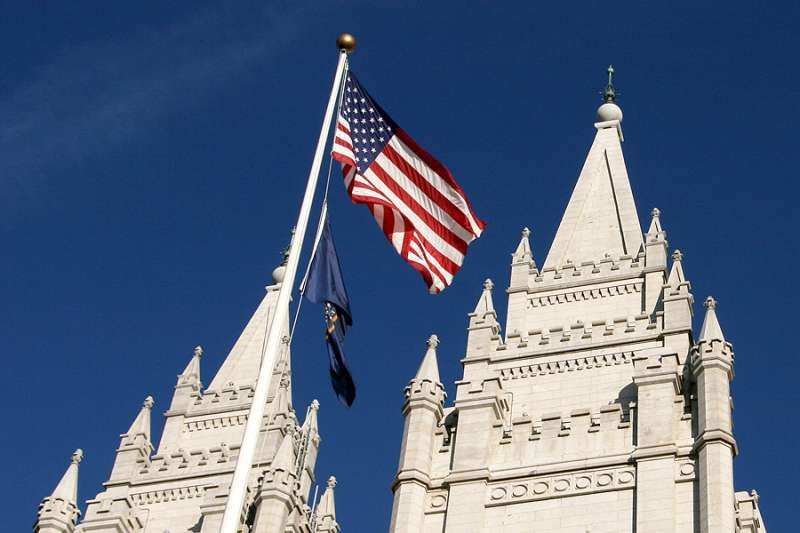Archbishop Bernard Hebda of the Archdiocese of St. Paul and Minneapolis said it is the duty of the laity to represent the Catholic faith in the public arena, especially pointing to the current debate surrounding immigration.
“Within the Church, it is the laity who are called upon to ‘especially assist with their Christian wisdom’ the shaping of the temporal order in order to both further the common good and prepare the way for the Gospel,” said Archbishop Hebda, citing the “Decree on the Apostolate of the Laity” from the Second Vatican Council.
The archbishop’s call to action in a March 8 column for The Catholic Spirit comes in preparation for the second of three “Capitol 101” workshops, focusing on educating and encouraging the Minnesota faithful to better participate in the legislative process.
The first session was held by the Minnesota Catholic Conference on Feb. 26, and follow up sessions will be held March 16 and April 17. At the workshops, attendees are able to meet Minnesota Senators and Representatives and learn about relevant policies and the legislative process.
Outside of the event, the Minnesota Catholic Conference has encouraged Catholics to offer an hour of adoration or a rosary for lawmakers and ask for the intercession of Saint Thomas More, patron of statesmen.
The first workshop coincided with the U.S. Conference of Catholic Bishop’s National Catholic Call-In Day in Support of Dreamers, which took place on Feb. 23.
The Call-In Day encouraged Catholics to contact their representatives in Washington, D.C., asking them to work toward a fair and compassionate solution for Dreamers — immigrants who were brought to the United States illegally as children.
A program known as Deferred Action for Childhood Arrivals (DACA) had offered protection for these individuals, but the policy is set to expire. The U.S. bishops have called for a solution that protects Dreamers from deportation and provides a path to citizenship.
“Many of the Dreamers, through no fault of their own, had been brought here as infants or toddlers; the United States is accordingly the only home that they have known, and the prospect of deportation to an unknown country is devastating,” said Archbishop Hebda.
While political philosophies and perspectives differ, he said, it is always the obligation of Catholics to aid the process of peace.
He quoted the U.S. bishops’ document “Forming Consciences for Faithful Citizenship,” which says, “Catholics may choose different ways to respond to compelling social problems, but we cannot differ on our moral obligation to help build a more just and peaceful world through morally acceptable means so that the weak and vulnerable are protected and human rights and dignity are defended.”
Noting that America’s Founding Fathers sought to protect the practice of faith in public life, the archbishop rejected the argument by some that separation of church and state means that religion should be excluded from the public square.
“They misread our Constitution as requiring a division between personal belief and public action, or between moral principles and political choices.”
Archbishop Hebda expressed gratitude for the success of first “Capitol 101” workshop and encouraged participation in the next two workshops, noting it is a responsibility of every Catholic to pray for the vulnerable and build a just community.
“All of us share the responsibility of striving to build a just community in which the weak and vulnerable are protected and human rights and dignity are defended. Let us pray for one another in undertaking this important work.”

